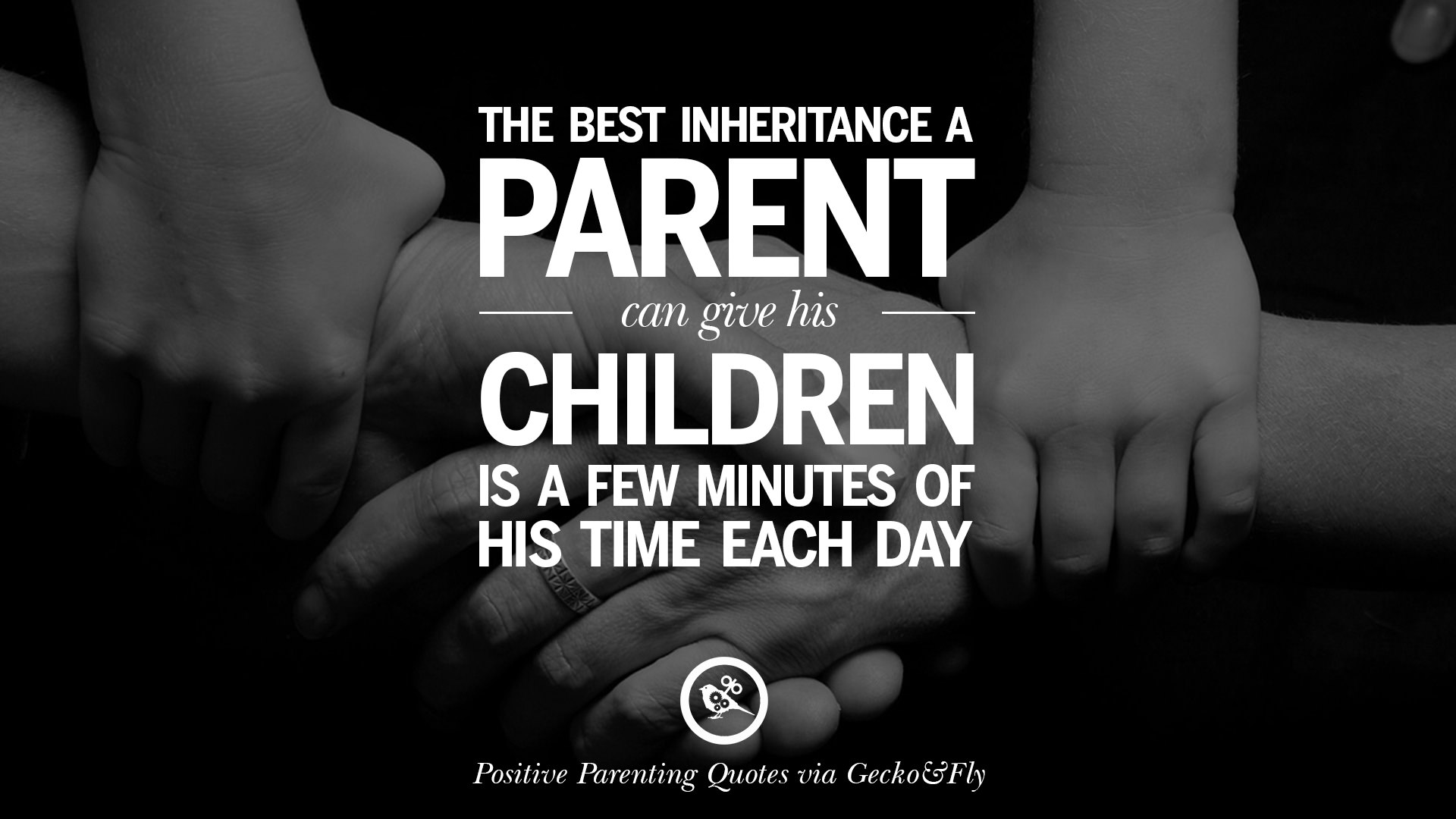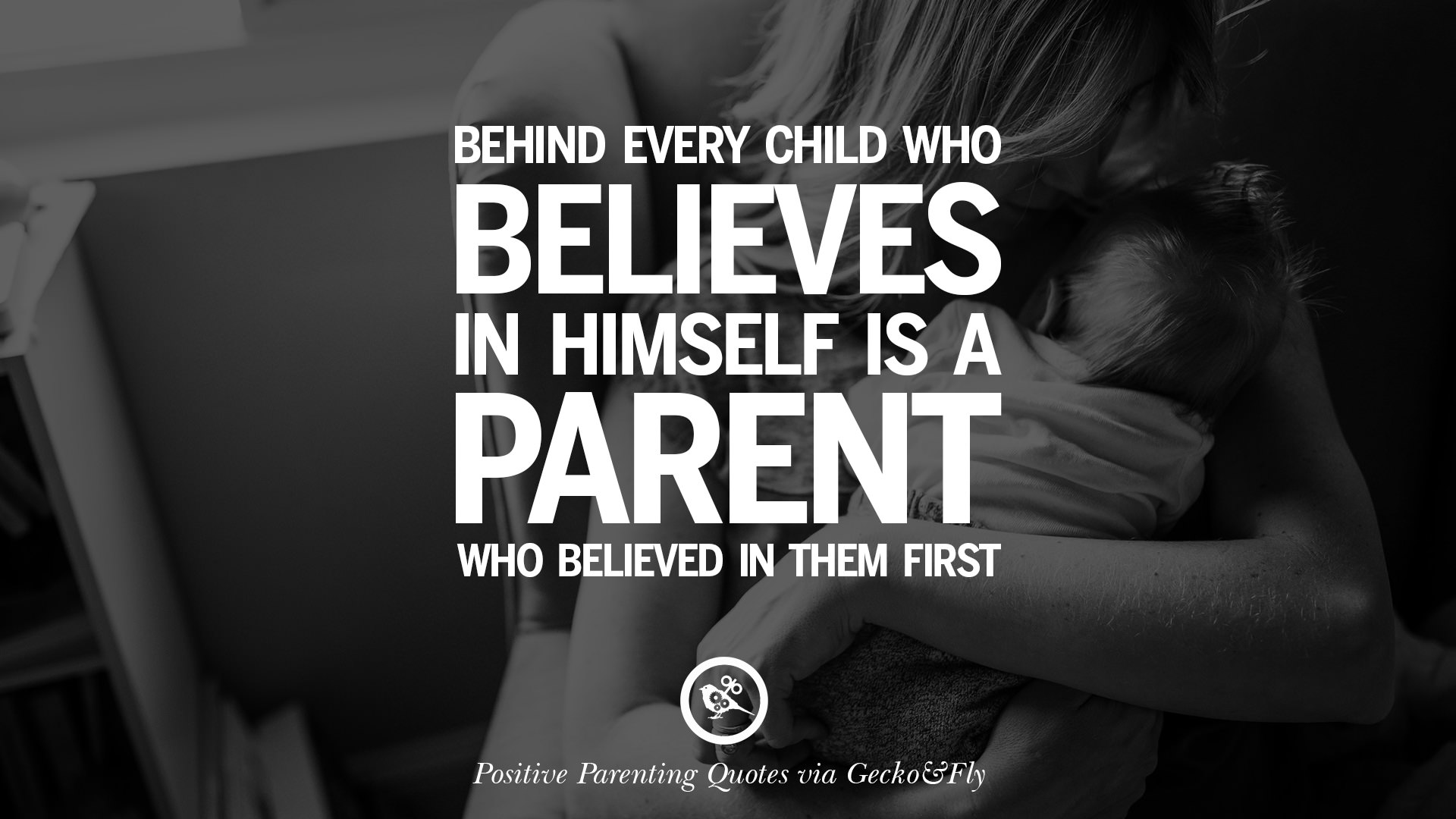Raising Children with Trust, Love and Support
A Balancing Act
Parenting styles come in all shapes and sizes. While a strict approach aims to guide children onto the right path, it risks damaging the crucial parent-child bond through lack of trust and communication. On the other hand, too loose a approach risks neglect and lack of structure. The ideal is a balanced middle path. As a father of two, I try my best to foster an environment of openness, care and guidance. My daughter recently confided in me about some worries at school. I listened without judgment, offered perspective but avoided dictating answers. Building that trust between parent and child has been rewarding to see.

Opening Up About Challenges
Many parents struggle with balancing high expectations and showing affection. Strict parents often mean well, wanting the best for their kids. But emotional availability is vital for children’s wellbeing. When I was young, expressing dislike or failure brought yelling, not comfort. As a parent, I want the opposite. If my son struggles with grades or social skills, I reassure him of my support rather than criticism. Mental health issues especially require sensitivity rather than shame. An open home helps address challenges before they escalate.
Leadership Through Respect
Good leaders don’t rule by fear but by cultivating willing followers. In parenting, authority stems from respect, not anger or intimidation. When strong emotions emerge, it’s wise to remove oneself until calm can return. My wife leads with patience, discussing disagreements respectfully instead of attacks. I do my best to follow her example. Our children haven’t witnessed yelling matches, just problems resolved constructively. This respectful communication builds trust that we have their best interests at heart.
Promoting Independence While Offering Guidance
Helicopter parenting risks stunting a child’s growth into a confident, autonomous adult. But withdrawing support completely is also neglectful. The balanced path guides independence through open dialogue rather than commands or abandonment. Our daughter recently wanted more social media freedom. Instead of denying or dictating rules, we discussed privacy, priorities and responsible choices. Now she makes informed decisions, knowing we offer perspective without judgment if needed. This nurtures self-guided learning while maintaining approachability.
Healthy Attachment Through Quality Time
Busy schedules threaten family bonds if quality time is neglected. But dedicated parents find balance. Weekends include activities like hiking, games and trips together. Weeknights incorporate bonding over meals and conversation. Daily check-ins, “I love you”s and affection also cement the foundation of secure attachment. Subconsciously, children feel our availability alleviates life’s stresses. This consistent family bonding is as formative as any academic or extracurricular engagement.
Modeling Virtues Through Lead By Example
Lectures lose impact if parents’ own actions contradict virtues expected of children. Hypocrisy breeds rebellion, so parents must walk their talk.
My wife and I aim to model virtues like honesty, compassion, perseverance and self-control. When mistakes occur, we own them transparently. This nurtures self-awareness and integrity by guiding through examples, not just words. Our children steadily emulate these traits, knowing a supportive safety net awaits if they slip.
In raising confident, caring and independent young adults, the journey requires balance more than extreme strategies. With open communication, respect, consistency and leading by example, strong family bonds guide children onto a healthy path.
